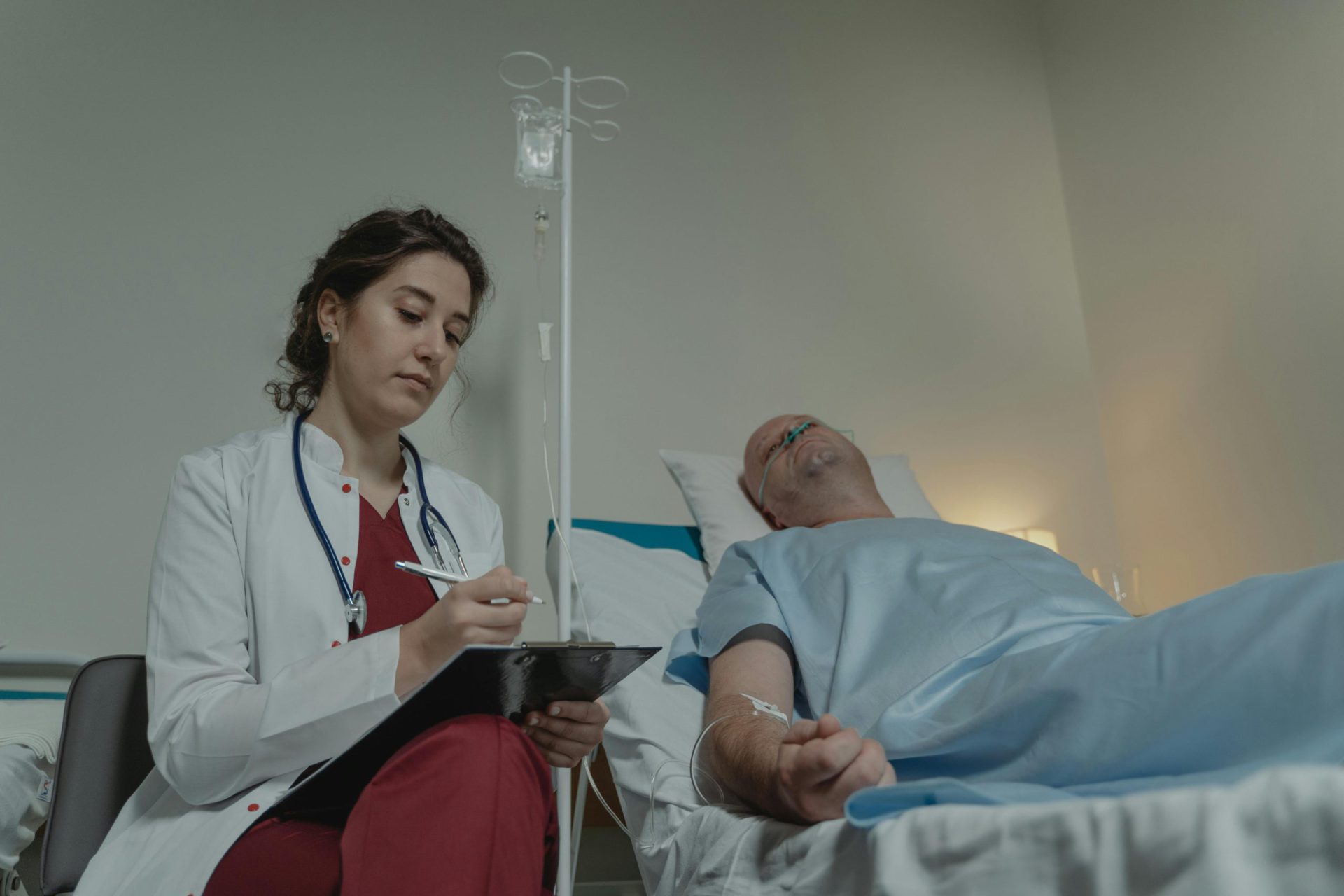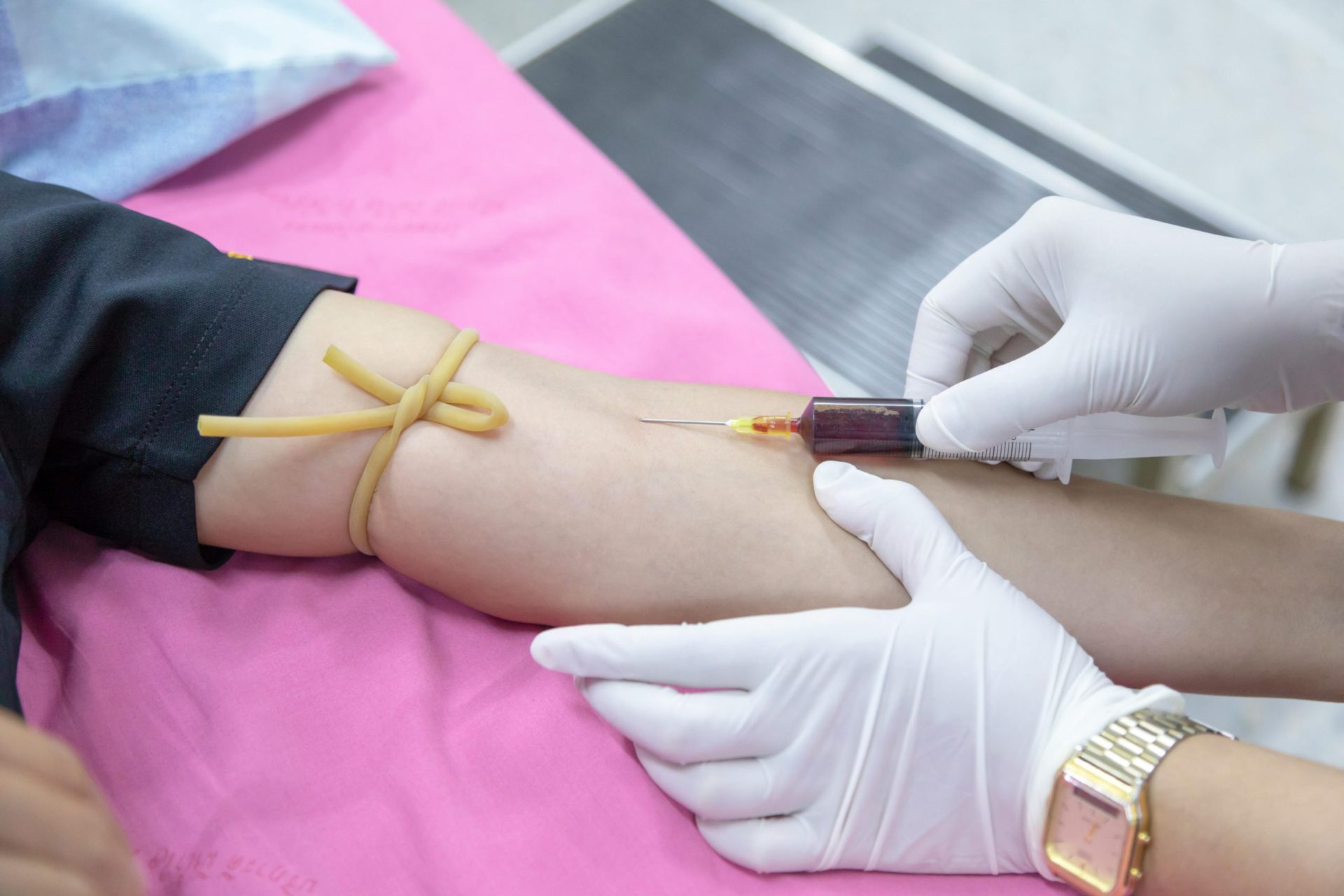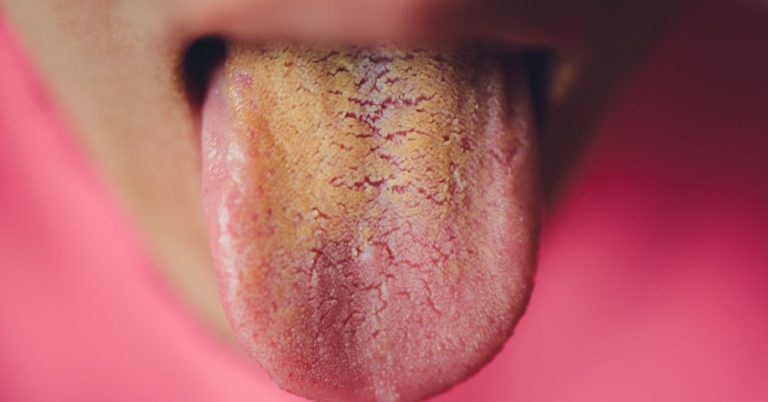
Cancer, one of the leading causes of death globally, often hides in plain sight. By the time it’s detected, treatment options may be limited. This underscores the importance of early detection, which can significantly improve survival rates. Recent advances suggest that simple blood tests might hold the key to identifying cancer earlier and more effectively than ever before. But how reliable are these tests? And can they replace traditional diagnostic tools? Let’s dive into the details.
What is Cancer?
Cancer occurs when abnormal cells grow uncontrollably, invading nearby tissues or spreading to other parts of the body. There are over 100 types of cancer, with each behaving differently depending on its origin and mutation. Common types include breast cancer, lung cancer, prostate cancer, and leukemia.
Does Cancer Show Up In Blood Work?
Blood tests are one of the many ways that healthcare providers diagnose, stage and manage cancer. But in most cases, you’ll need more than blood tests for an official diagnosis.
Blood work alone can’t detect most types of cancer. But it can help detect some blood cancers like:
The Need for Early Detection
Early detection saves lives. Cancer caught in its initial stages often responds better to treatment, resulting in higher survival rates. Traditional methods like imaging and tissue biopsies, while effective, are invasive and not always accessible. This gap has spurred the exploration of blood-based diagnostics.
Types Of Blood Tests For Cancer
Healthcare providers categorize cancer blood tests into four main types:
Complete blood count (CBC). A CBC can detect some blood or immune system cancers like leukemia and lymphoma. But it can’t detect solid organ cancers like lung, breast or colon cancers. It can tell your provider how your body responds to treatment and whether the cancer has spread to your bone marrow.
Tumor marker blood tests. These tests identify certain chemicals released into your bloodstream every day. High levels of these chemicals in the blood can be a sign of cancer. The CA-125 blood test is one common tumor marker test commonly used to plan treatment and check for the recurrence of certain cancers (like ovarian and pancreatic). The PSA (prostate-specific antigen) test is a tumor marker test that checks for high levels of PSA in your blood. PSA is a protein your prostate makes. Elevated levels might indicate prostate cancer.
Blood protein tests. These tests check for abnormal protein levels in your blood. High protein levels could point to certain types of cancer (mostly blood cancers like leukemia, lymphoma and multiple myeloma). Some tests, like a comprehensive metabolic panel (CMP), include a total protein test by default, which can also provide this information.
Circulating tumor cell (CTC) tests. This is a type of liquid biopsy that checks your blood for cancer. It detects tiny pieces of tumors that break off and circulate in your bloodstream. Providers use this cancer blood test to predict outcomes in people with metastatic breast, prostate or colon cancers. A low level of CTCs, or undetectable CTCs, in your blood, indicates a favorable outcome. Too many CTCs in your blood are a sign of an unfavorable outcome or might indicate a need for additional treatment.
Can a lipid panel detect cancer?
No, healthcare providers don’t use lipid panels to check for cancer. A lipid panel is a test that measures cholesterol and triglycerides in your blood. It helps providers check your risk for cardiovascular diseases like stroke and heart attack.
Advantages of Blood Tests for Cancer Detection
Non-Invasiveness
Unlike traditional biopsies that require tissue extraction, blood tests are simple and minimally invasive. A single blood draw can provide crucial insights without the risks associated with surgical procedures.
Speed and Accessibility
Blood tests can deliver results within days, making them an excellent option for rapid diagnosis. This is especially beneficial in remote or resource-poor areas where advanced imaging tools are unavailable.
When Should You Consider a Cancer Blood Test?
High-Risk Groups
Individuals with a family history of cancer or genetic predispositions, such as BRCA mutations, should consider regular screenings.
Symptoms That May Warrant Testing
Unexplained weight loss, persistent fatigue, or unusual lumps are some signs that should prompt further investigation.
How often should you get tested?
This depends on individual risk factors and physician recommendations.
Can these tests replace traditional cancer screenings?
Not yet. They’re often used in conjunction with other diagnostic methods.
Are blood tests safe and reliable?
Yes, they’re safe. However, reliability depends on the type and purpose of the test.
What other tests will I need to get a diagnosis?
Blood tests usually aren’t enough for a cancer diagnosis. You’ll almost certainly need additional tests, which may include:
- Biopsy. This involves taking a small sample of tissue (from an organ or bone marrow) and sending it to a lab for analysis.
- Imaging tests. These could include X-rays, CT (computed tomography) scans, MRI (magnetic resonance imaging) scans or PET (positron emission tomography) scans. They can help your provider locate and stage any tumors.
- Specialized tests. Sometimes, other specialized tests are required. For example, you’ll need a mammogram to help diagnose breast cancer or a Pap smear to detect cervical cancer.
Does early cancer show in blood work?
Most cancers don’t show up in routine blood work. But there are specialized blood tests that can detect early-stage cancers in some people:
- The Galleri test: This specific type of blood test can detect over 50 different types of cancer. It uses DNA sequencing to find unique patterns, which may tell your provider whether you have cancer and where it started.
- Proteomics-based plasma test: One 2024 research study found that a new blood test may show promise for the early detection of 18 different types of cancer. (Proteomics is the study of cell proteins and how they work.) In this study of 440 individuals, the test detected 93% of Stage I cancers in men and people assigned male at birth (AMAB) and 84% of Stage I cancers in women and people assigned female at birth (AFAB). Researchers need to run more studies, but this blood test could become a standard for cancer diagnosis.

How do cancer blood tests work?
In combination with other tests, blood work can give your provider important information about:
- Chemicals and proteins in your blood that might indicate cancer.
- Blood cell levels that are too high or too low, perhaps because of cancer.
- Stage of cancer.
- Effectiveness of treatment(s).
- Whether cancer has come back (recurrence).
How do I prepare for a cancer blood test?
Your healthcare provider will give you specific instructions on how to prepare for your blood test. These guidelines may differ depending on the type of test you need.
In some cases, you might have to fast for eight to 12 hours prior to the test. That means you shouldn’t eat or drink anything besides water. You also may need to avoid certain medications beforehand.
What should I expect during cancer blood work?
Collecting a sample of your blood should only take a few minutes. Your healthcare provider will:
- Wrap a tight band (tourniquet) around your upper arm.
- Clean an area of your skin, usually on the inside of your elbow area or on your hand.
- Insert a needle into that area, which may cause a stinging or pinching feeling.
- Remove the tourniquet.
- Attach a tube to the needle and fill the tube with blood.
- Remove the band and the needle.
- Put pressure on the puncture wound to help stop any bleeding.
- Place a bandage on your skin.
What can I expect after my blood work?
After a cancer blood test, you should keep the bandage on for a few hours. You may also need to avoid exercise for a few hours afterward, if advised by your healthcare provider. (Elevating your heart rate can cause increased bleeding.)
What are the risks or side effects of a blood test for cancer?
Blood tests are safe and involve very little risk. You might have a small bruise where the needle went into your skin. Rarely, the vein may swell. In these cases, applying a warm compress (like a warm washcloth or heating pad) can help.
When will I know the results of my test?
You’ll probably get your results in a day or two. But depending on the type of test, it could take several days.
Your healthcare provider will let you know when to expect your results and discuss them with you at an appointment.
If my results are abnormal, what are the next steps?
If your blood test indicates that you might have cancer, your healthcare provider will refer you to an oncologist (a cancer specialist). The oncologist might run additional tests to confirm the diagnosis and recommend an appropriate treatment plan.
Cancer treatment almost always requires a multidisciplinary team of providers. Your oncologist will work with several different specialists to get you the treatment you need.
Conclusion
Blood tests for cancer detection represent a significant leap forward in the fight against this formidable disease. While they’re not yet a standalone solution, their non-invasiveness, speed, and potential for early detection make them an invaluable tool. As technology continues to evolve, these tests may one day become a universal standard for cancer screening.
Say Goodbye To Waiting Rooms And Long Lines. Speedy Sticks offers at-home testing.








